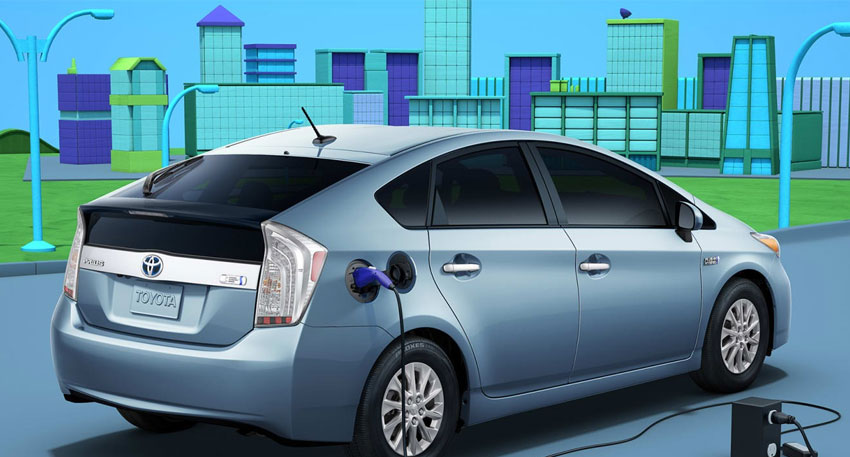
Initially, it was believed that only Internal Combustion Engine (ICE) vehicles would get targeted by Pakistan’s newly introduced Green Tax under the 2025 federal budget, but it has been clarified by official sources that Green Tax will also apply to Hybrid Electric Vehicles (HEVs). However, Plug-in Hybrid Electric Vehicles (PHEVs) having a minimum electric-only range of 50 kms remain exempt from this tax.
Also Read: Pakistan’s first NEV fast-charging station unveiled along motorway
Under the policy, either fully electric vehicles powered only by a rechargeable battery or PHEVs that can travel at least 50 km on electric power alone without using engine, are exempted from Green Tax. Vehicles that do not come under these categories, like traditional hybrids, fall within the scope of this latest taxation measure.
The Green Tax has been structured progressively in accordance to engine displacement. Only 1% tax will apply to vehicles having engines up to 1300cc, 2% for cars with engines between 1301cc and 1800cc, and 3% for vehicles above 1801cc. This tax applies uniformly to both ICE as well as hybrid vehicles that do not qualify as NEVs under the government s recently introduced criteria.
Authorities believe that hybrid vehicles still rely on fuel combustion resulting in pollutants emission, they could not be excluded from this tax which is particularly aimed at reducing environmental harm. The intent is to discourage pollutant-emitting vehicle purchases while providing incentives to cleaner alternatives.
It is interesting to note that this is the very first time such a levy has been introduced in Pakistan. This Green Tax will be applied at the time of vehicle purchase, and the tax amount will directly be used in environmental conservation initiatives. This policy goes with the government s broader strategy to promote zero-emission transportation and sustainable development.




